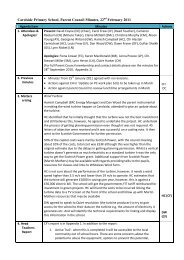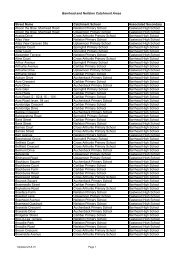Basic Introduction to Community Work - Central
Basic Introduction to Community Work - Central
Basic Introduction to Community Work - Central
You also want an ePaper? Increase the reach of your titles
YUMPU automatically turns print PDFs into web optimized ePapers that Google loves.
<strong>Community</strong>/voluntary organisations can be large employers and<br />
service providers in their own right, and need <strong>to</strong> be supported in<br />
maintaining best practice in their operations. The implementation of<br />
the European Convention on Human Rights(ECHR) in<strong>to</strong> Scottish law<br />
represents a series of new challenges <strong>to</strong> organisations, which in<br />
European legal terms are ‘public bodies’ and therefore covered by the<br />
law. There is a need for information and education for public bodies<br />
of all kinds, in particular voluntary organisations, in respect of ECHR<br />
developments. This represents an area of expertise not previously<br />
provided for the sec<strong>to</strong>r.<br />
The Scottish Executive adopted best practice in its approach <strong>to</strong><br />
Equality Strategy by adopting a ‘mainstreaming’ approach and<br />
appointing an Executive Unit <strong>to</strong> help implementation across the<br />
various policy departments of Scottish government. The advantages<br />
of such an approach – maximising efforts <strong>to</strong> challenge aspects of<br />
discrimination regardless of form – are also being recognised in the<br />
voluntary sec<strong>to</strong>r. However, the benefits of maintaining distinct<br />
structures and courses of work for each area of discrimination are<br />
also valued. This calls for a coordinated but not unduly prescriptive<br />
approach <strong>to</strong> promoting equalities and implies a key role for voluntary<br />
sec<strong>to</strong>r infrastructure bodies.<br />
What is diversity?<br />
Diversity means difference, and people's differences can be many<br />
and varied:<br />
Race, Culture, National origin, Region, Gender, Sexual Orientation,<br />
Age, Marital Status, Politics, Religion, Ethnicity, Disability, Socioeconomic<br />
differences, Family structure, Health, Values, and more<br />
Diversity not only assumes that all individuals are unique, i.e.<br />
different, but that difference is value-added. While all societies,<br />
groups or organisations have a need <strong>to</strong> establish common rules and<br />
modes of operation, the assumption in diversity is that if a group or<br />
organisation learns how <strong>to</strong> harness individual differences, it will be<br />
more effective and competitive than those groups or organisations<br />
47


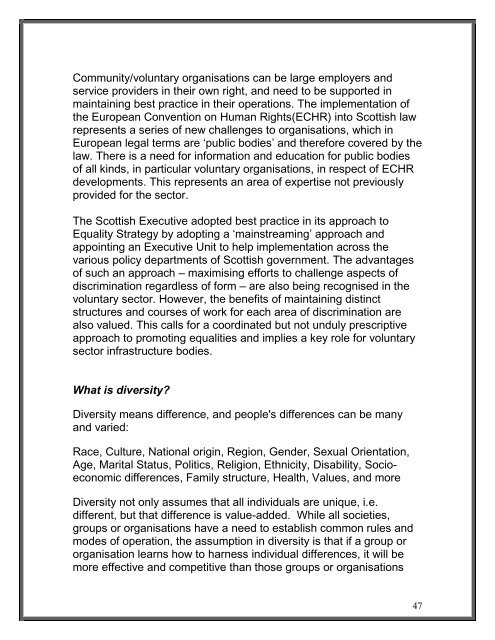


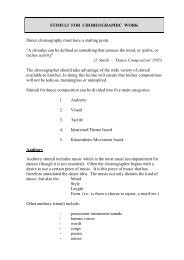
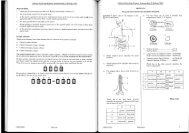
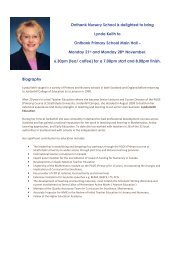
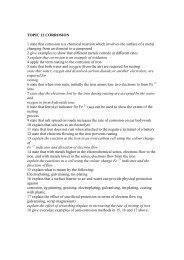
![Eastwood_Area_Catchment_updated_16-5-11[1]](https://img.yumpu.com/17146012/1/184x260/eastwood-area-catchment-updated-16-5-111.jpg?quality=85)

